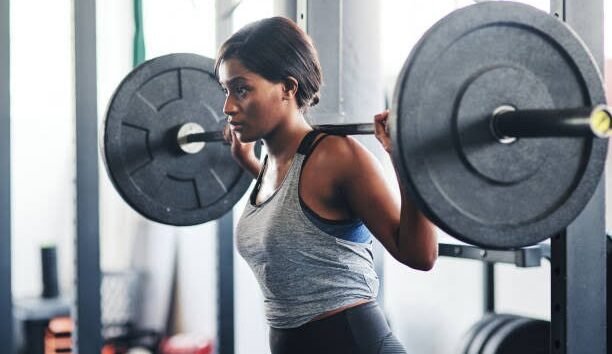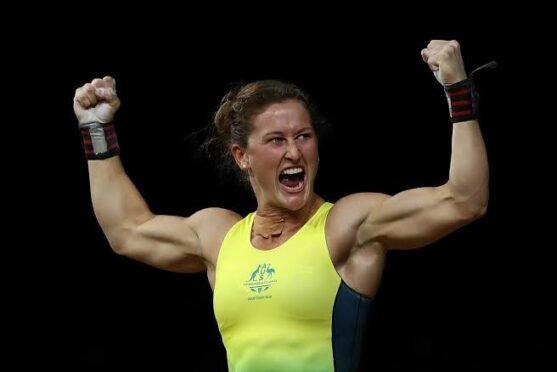Women Are Not Strong? Breaking Physical Stereotypes
The idea that women are not strong is one of the oldest and most harmful stereotypes. For centuries, society has linked strength to men and weakness to women. But science, sports, and real-life stories tell a different story. Today, more people are realizing that strength comes in many forms—and that women are just as capable of physical power as men.
This article looks at the truth about women’s strength, backed by facts, and celebrates women who break these outdated stereotypes.

Where Did the “Women Aren’t Strong” Myth Come From?
The belief that women are weak goes back to ancient times. In many cultures, men were expected to be warriors and protectors, while women were seen as caregivers. These roles shaped how people thought about physical strength.
For a long time, women were not encouraged—or even allowed—to join sports, the military, or physically demanding jobs. As a result, the false idea that women are naturally weak spread. But this idea has no basis in science.

What Science Says About Women and Strength
It’s true that on average, men have greater muscle mass due to higher testosterone levels. But that doesn’t mean women lack strength.
- Women’s strength is often underestimated. A 2021 study published in the Journal of Strength and Conditioning Research found that women can build muscle and strength at similar rates to men when training properly.
- Women excel in endurance. Research shows women often outperform men in ultra-endurance sports (long-distance running, swimming, cycling). A 2019 study in Sports Medicine found that women’s bodies are better at burning fat for fuel, giving them an advantage in long events.
- Strength is about training, not gender. With proper exercise, nutrition, and support, women achieve impressive physical strength.
Women Who Shatter Strength Stereotypes
Throughout history and today, many women have proven that strength has no gender:

Serena William
One of the most powerful tennis players ever, known for her strength, speed, and skill on the court.

Tia-Clair Toomey
Six-time CrossFit Games champion, often called the fittest woman on Earth.

Ronda Rousey
Olympic judo medalist and former UFC champion who transformed women’s mixed martial arts.

Manal Rostom
Egyptian marathoner and mountaineer who proves that strength comes in all forms, breaking barriers for Muslim women in sports.
Why It’s Time to Drop the Stereotype
Strength is not just about how much someone can lift. It’s about resilience, endurance, and determination. Women show physical strength in countless ways—from sports to military service, firefighting, construction, and parenting.
- Encouraging strength in girls and women builds confidence and health.
- When women are given equal opportunities to train, they perform at elite levels.
- Breaking this stereotype helps create fairer workplaces, sports, and societies.
It’s time to focus on what people can do, not what stereotypes say they can’t.
FAQ
Q1: Are women physically weaker than men?
On average, men have more muscle mass. But women are capable of building great strength and often excel in endurance. Strength depends more on training, diet, and mindset than gender.
Q2: Can women build muscle as easily as men?
Yes. Women can gain strength and muscle effectively with proper training. The rate of strength gain is similar when comparing relative progress.
Q3: Why do people still think women aren’t strong?
Old cultural beliefs, lack of visibility of strong women in media, and unequal opportunities in sports and physical jobs keep the stereotype alive.
Q4: How can we support women’s strength?
By encouraging girls in sports, promoting strong female role models, and giving women equal access to fitness and athletic opportunities.
Sources
Haizlip, K. M., et al. (2021). Sex differences in muscle fatigue and strength training. Journal of Strength and Conditioning Research, 35(4), 987-996. https://doi.org/10.1519/JSC.0000000000003892
Hunter, S. K. (2014). Sex differences in human fatigability. Exercise and Sport Sciences Reviews, 42(3), 101–107.
Sports Medicine (2019). Sex differences in ultra-endurance performance. Sports Medicine, 49(4), 525–537.



